Going through the mortgage process, you’re bound to hear a few terms that make you say “What in the world is that?” One of these things might be an escrow account.
So first, let’s start with the “easy” question – what is escrow? Escrow can be considered two different things during the mortgage process.
One is an escrow account in which your earnest money (mortgage deposit) on the home is kept until your closing date OR it can be used in reference towards your escrow account which is set up at closing for the lender to pay (on your behalf) your homeowners insurance and property taxes when they’re due.
The escrow account for your earnest money is only used during the mortgage process up until closing whereas your mortgage escrow account is used throughout the life of your loan.
Now let’s dive a little deeper into an escrow account. At closing, a predetermined amount of additional months of homeowners insurance and property taxes are added into your closing costs in order to start your escrow account.
Every monthly mortgage payment you make, a portion of your payment goes to your escrow account. Think of an escrow account as a savings account specifically for your tax and insurance payments when they’re due. This means that if you have an escrow account, you do not have to pay your insurance or taxes out of your own pocket.
Each year, your mortgage servicer will do what is called an “escrow analysis” which is when they review your account to ensure that they will have sufficient funds to pay your taxes and insurance for the coming year. If the servicer is collecting too much, you will receive a check called an “escrow refund”.
If they don’t project there to be enough money in your account, this causes an escrow shortage, and there are typically two options they can give you. One is to pay the shortage amount in a lump sum. The other option is to have the servicer increase your monthly mortgage payment by the shortage amount.
Another way to think of an escrow account is to think of it like a savings account specifically for your insurance and taxes. Although it’s your “savings account,” you cannot take money out of it. Now if you were to refinance your home, after you close you will receive a check in the amount of the old escrow account.
By: Jon Iacono
